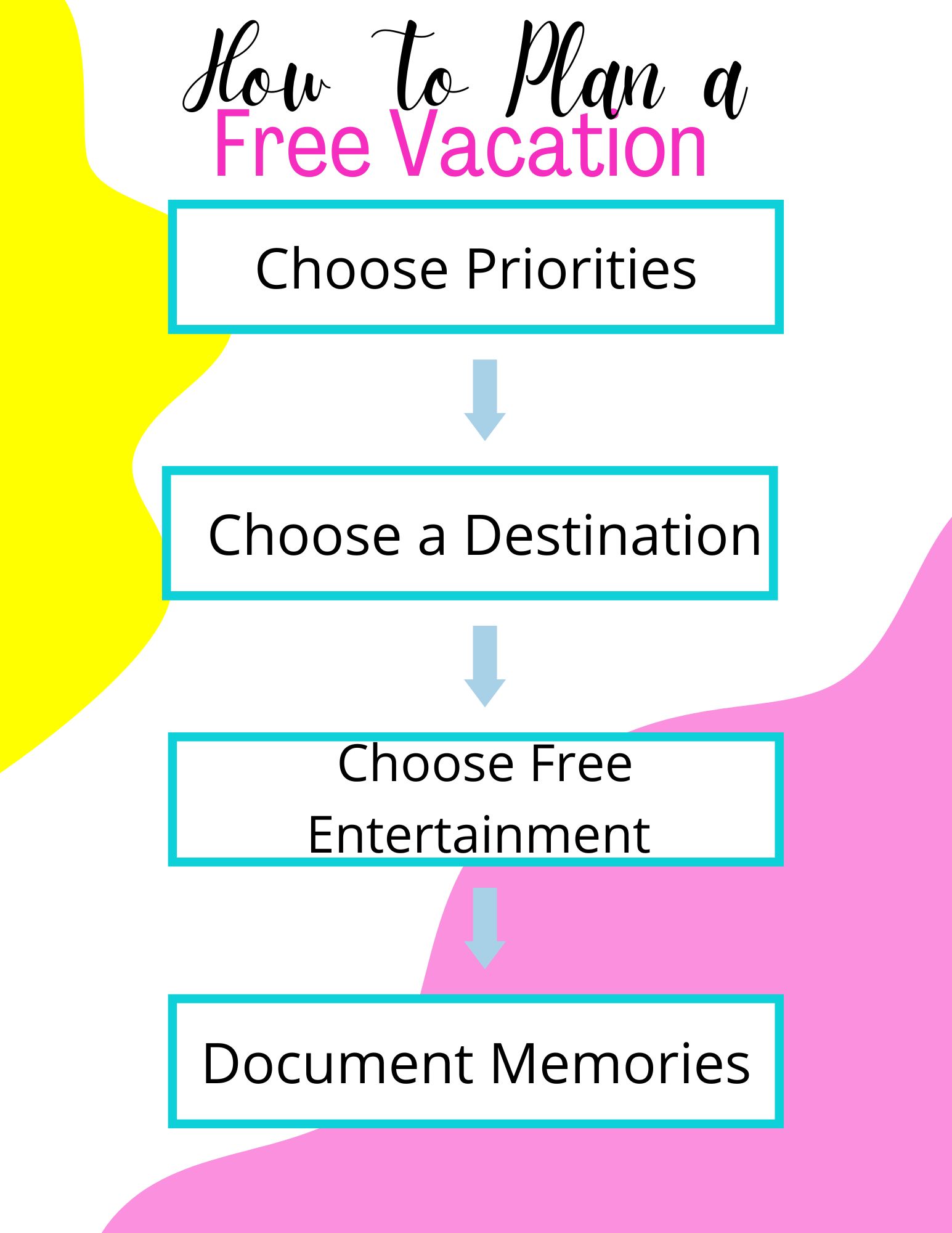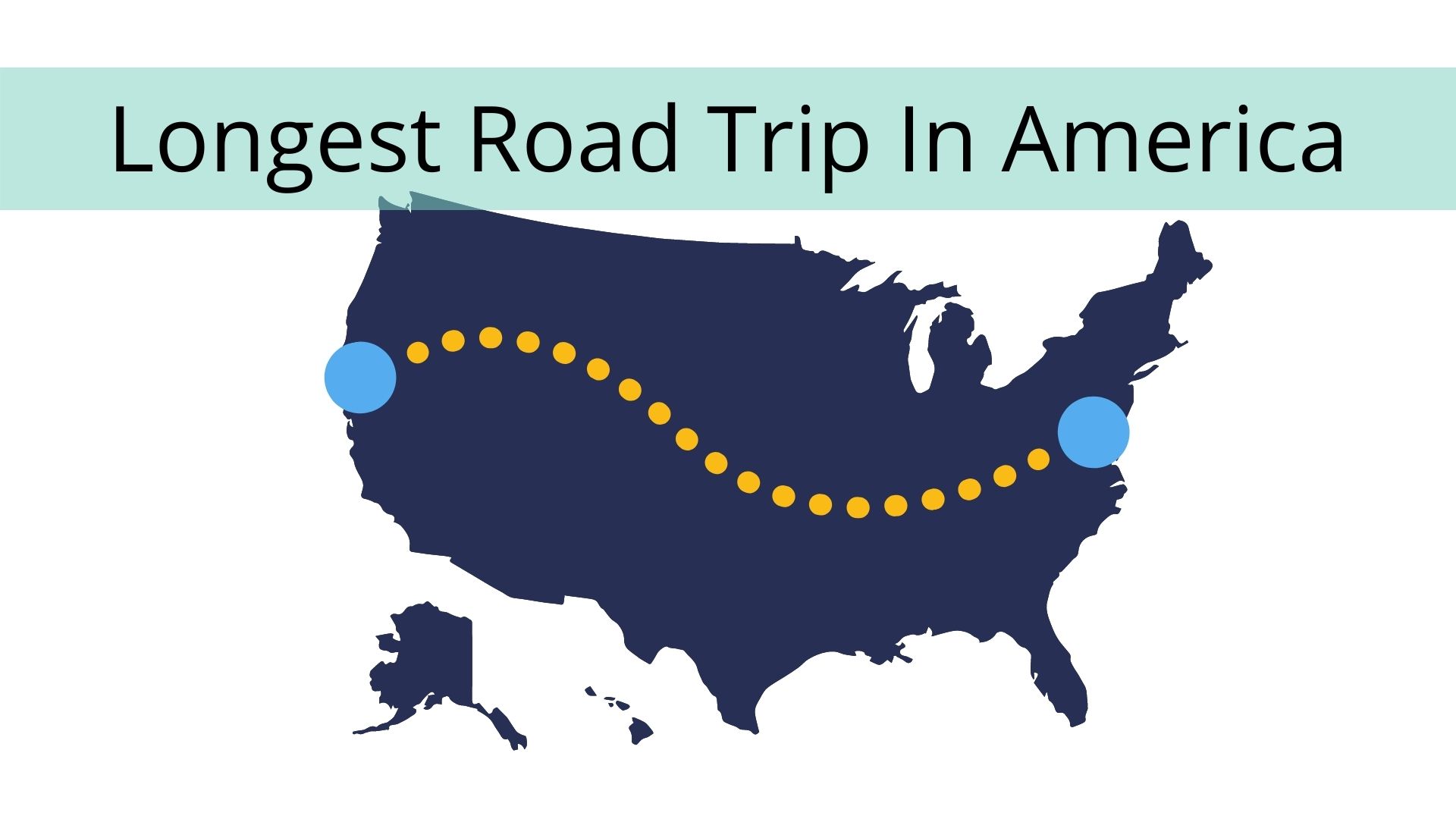When you know there is a big trip the next day it can be difficult to settle your mind. My husband struggles to sleep when he has a long drive ahead of him. He knows he will need to be awake and alert and he psyches himself out.
Anxiety and excitement the night before a road trip causes your body to produce adrenaline and cortisone which keep you awake. In order to quiet your mind and get some rest you need to reduce these hormones. The best way to reduce adrenaline is with exercise, so whenever possible take a walk or do some relaxing low impact exercise.
The way to reduce cortisol is to reduce stress, reduce caffeine and other stimulant use 6 hours before bed.
If you cannot get sleep, give yourself flexibility on your departure time, turn off the alarm and sleep until you feel rested.
The dangers of drowsy driving are well studied and it is not a risk worth taking.
Be sure to plan plenty of stops and have a plan if you need to stop and rest after you have driven for a few miles.
How do you sleep the night before a trip?
Struggling to sleep is always frustrating, but there are some great, time-tested methods you can use to calm your mind and fall asleep:
Normal Bedtime Routine
Keep your bedtime routine as normal as possible. With a big trip looming, there is so much to think about, but make bedtime as boring as possible.
Sleep in your normal bed, with your normal blankets, same routine and same bedtime.
Turn Off Electronics
Turn off your phone, television, tablet, computer. We know that screens make it harder to fall asleep.
It is recommended that you do this 30 minutes before bedtime, the National Sleep Foundation found that this has a significant impact on sleep.
I know that I sleep a lot better when I put my phone out of reach. I don’t know if it is a placebo effect, but leaving the phone on the dresser really improves the quality of my sleep!
Progressive Relaxation
My favorite suggestion for a sleepless night is to do a progressive relaxation routine.
This is where you sequentially flex and relax the muscles throughout your body. This focus on relaxation helps you slowly wind down and drift off to sleep.
See more about the practice in the video below and you can follow along with an instructor on an audio track or do it on your own with some soft music.
Melatonin
This sleep aid is recommended to help people fall asleep and stay asleep. It is reported to be less habit forming and effective without many side effects.
Melatonin affects different people differently and the night before a long drive may not be the best time to try it for the first time.
If you want to read some reliable information on Melatonin, you can read more on the John Hopkins website.
How much should you sleep the night before a long drive?
As a general rule you should sleep 6-8 hours before a long drive. A full night of sleep is the best way to ensure you will not be drowsy while driving. If you begin to feel sleepy a cup of coffee or equivalent amount of caffeine has also been proven to help drivers stay alert, but more than that has adverse effects.
If you normally need more than 8 hours of sleep, plan to give yourself a full night of rest.
Drowsy driving is very dangerous and resulted in almost 700 deaths in 2019. The National Highway Traffic Safety Association has a wonderful fact sheet here that gives more information about the dangers of driving while tired.
Three things to note:
- Most fatal drowsy driving crashes happen between midnight and 6am. Avoid driving over night unless it is your only option, or if you are accustomed to being awake in those hours.
- Many crashes attributed to drowsy driving occur with single drivers with no passengers. Sharing driving responsibilities reduces your risk of falling asleep at the wheel.
- These crashes often happen in rural areas. Stay on well lit roads and pull over if you are tired.
What if I can’t sleep the night before a long drive?
If you are not able to sleep, and you feel too tired to drive, do not drive. Almost 700 people died as a result of drowsy driving in 2019.
Most of these crashes occur on rural roads and involve a single passenger with no evidence of breaking. Woah.
I read this and it was very sobering. Most of these crashes occured between the hours of midnight and 6 am, so avoid driving during those times and avoid driving alone. Share driving responsibilities. The risk is not worth arriving a few hours earlier.
Drowsy driving
The only reliable way to avoid drowsy driving is to get regular, quality sleep. This is very difficult for many people, so there are a few other tips you can use to stay alert at the wheel.
Do not drive when on a new medication, there is a chance that you may not feel like yourself. Check the medication’s published side effects, but also take time to see how they affect you.
Teenagers need more sleep than adults, and they likely do not get it. Teenagers should not drive long hours at night. The CDC recommends that teenagers not drive after 9 pm, you can read more on this topic here.
Drink one or two cups of coffee and take a 20 minute nap. This intervention has been studied and has been proven to be effective to improve alertness of drivers for a few hours.
Finally, if you need to stop, stop. It is not worth the risk. Check out my post here on alternatives to hotels that might be a great place to sleep.
Sleep Aids
You may be tempted to use a sleep aid to help you sleep before a big trip.
Check out what the FDA has to say on the subject before you pop that pill.
Things like a warm drink or a relaxing bath are good alternatives.
Plan to stop
If all else fails, pick up your phone and plan a stop on your trip.
Drive 2 or 3 hours until you feel sleepy then stop and sleep. Make it something to look forward to, something that will make the trip more memorable.
My family and I did this on our last trip. We stopped at an amazing free playground that kept the kids entertained for hours. My husband was able to nap at the park and we stopped for an exciting lunch.
This broke up the trip nicely and it was one of my favorite parts of the trip. It was worth the stop.
If you have read many posts on this site, you will know this story, but for the new people here we go:
When we were growing up we took a 12 hour road trip to Maine, twice a year, every year. We never stopped. We drove right through, stopping once to use the bathroom and get gas.
I have still never been to NYC, I have driven by it dozens of times in my life. Don’t do that.
The trip is going to be great!
I know you may be feeling anxious right now, but know that it will be great remember:
Afoot and light-hearted I take to the open road,
Healthy, free, the world before me,
The long brown path before me leading me wherever I choose,
Henceforth I ask not good-fortune, I myself am good-fortune,
Henceforth I whimper no more, postpone no more, need nothing,
Done with indoor complaints, libraries, querulous criticisms,
Strong and content I travel the open road.
– Walt Whitman, from Song of the Open Road




